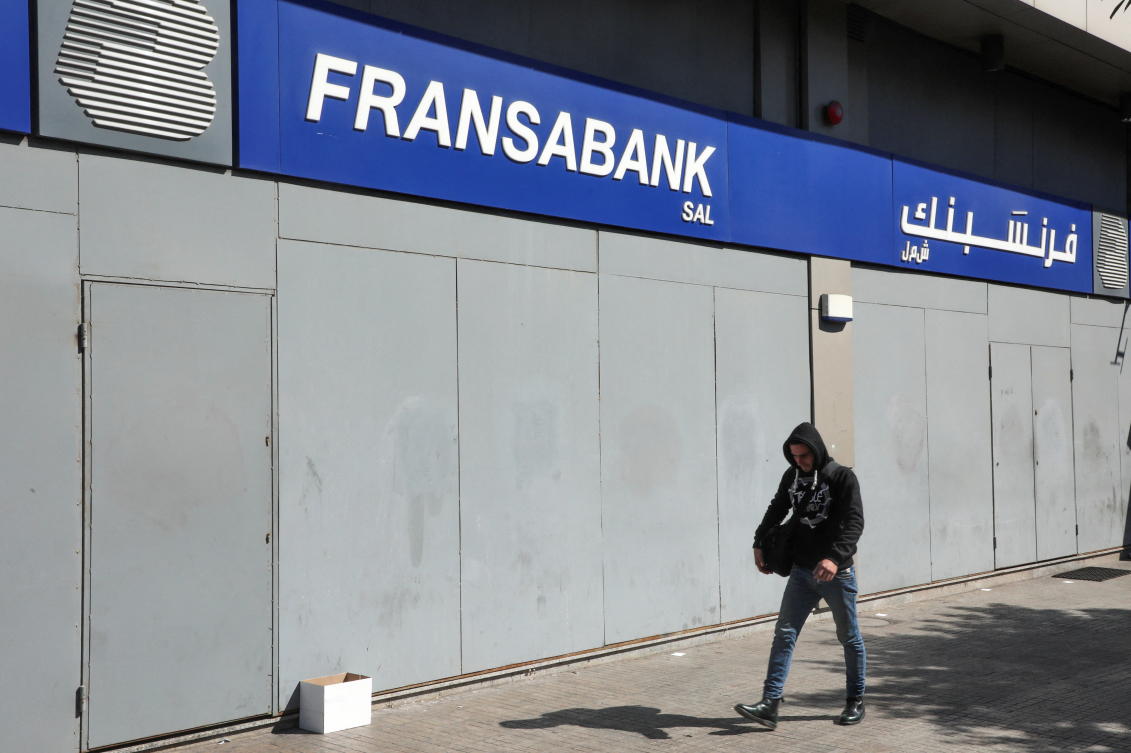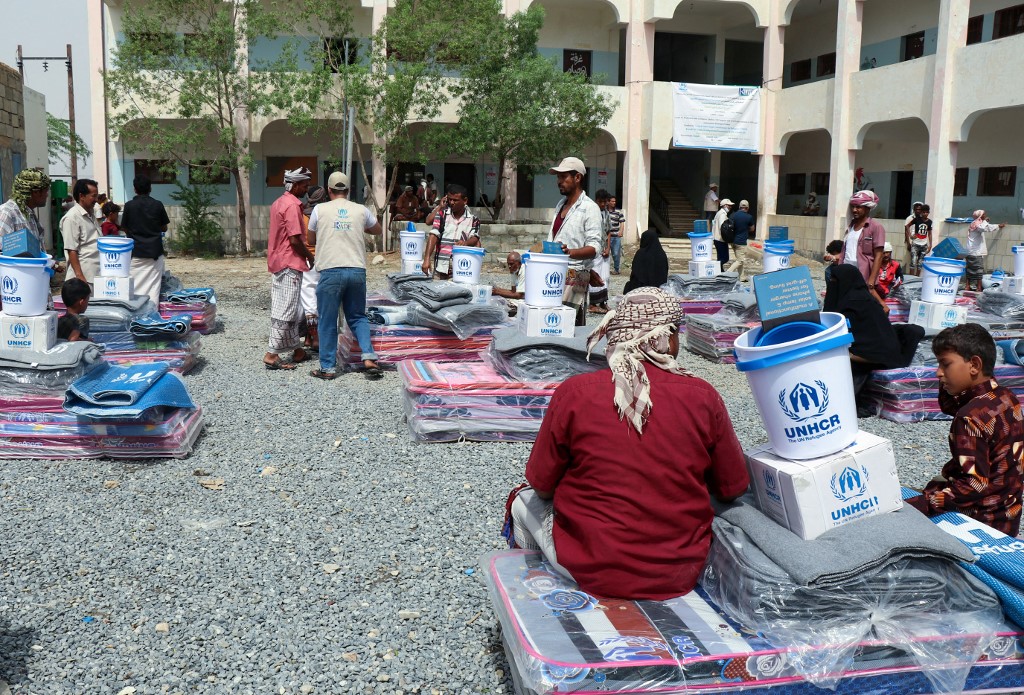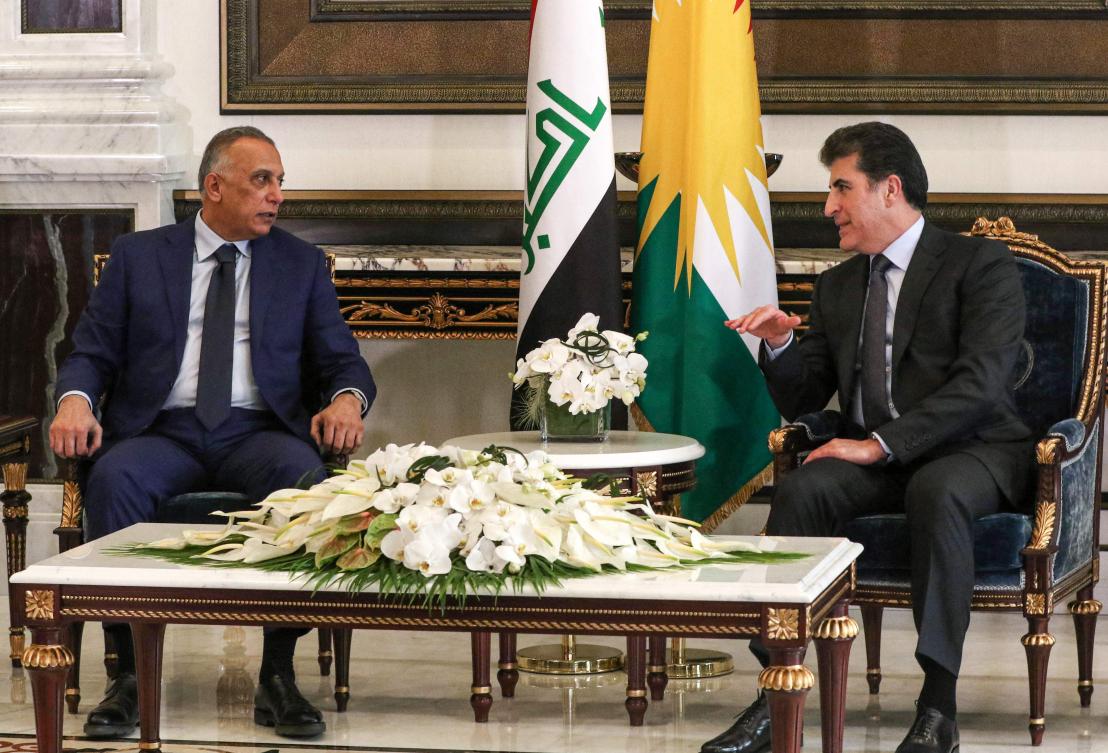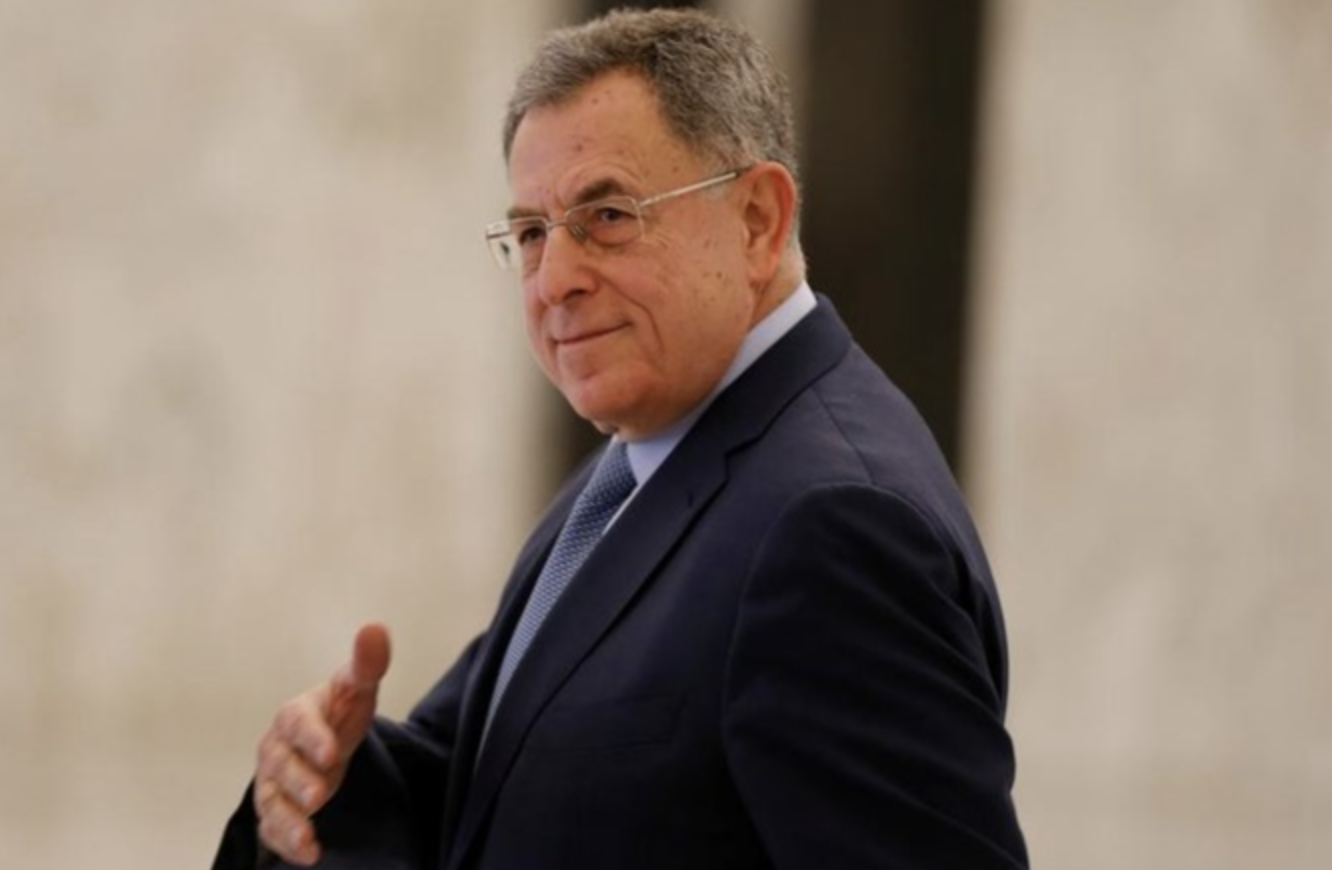Libya standoff could lead to parallel governments: UN
NEW YORK: Libya is facing a new phase of political polarization that risks dividing its institutions once again and reversing the gains achieved over the past two years, the UN undersecretary-general for peacebuilding and political affairs warned on Wednesday.
Rosemary Dicarlo asked Security Council members to convey to Libyan parties the UN’s conviction that credible, transparent and inclusive elections are the only solution to the stalemate.
She also called on Libyan leaders to demonstrate responsibility and remain united behind UN efforts to assist the North African country on its path to peace and stability.
“We know from experience what unilateral actions, divided government and an unending transition may hold in store for Libya,” said Dicarlo, who was briefing the council on the latest developments in the country.
Political turmoil has again engulfed Libya after the failure to hold presidential elections that were scheduled to take place on Dec. 24 and were meant to be followed by parliamentary elections a few weeks later.
The elections were postponed due to controversy over electoral laws, including the voting timetable, the eligibility of the main candidates, and the eventual powers of the next president and Parliament.
The current division is the result of the establishment of a rival government to the Government of National Unity following the appointment by the House of Representatives last month of former Interior Minister Fathi Bashagha as interim prime minister to replace incumbent Prime Minister Abdul Hamid Dbeibah, who was elected in 2021 by the Libyan Political Dialogue Forum to head the interim GNU.
The HOR cited Dbeibah’s failure to hold the elections, but the latter has challenged the legitimacy of Bashagha and vowed to stay in his post and continue to steer the country toward elections, which are now slated for June 2022.But Bashagha’s government was further cemented by the HOR’s March 1 vote of confidence in his Cabinet.
UN Secretary-General Antonio Guterres, however, said the vote of confidence was marred by procedural flaws, a lack of transparency, acts of intimidation and threats of violence against members of the chamber and their families prior to the session. Dicarlo said: “These shortcomings impacted the credibility of the process.”
Stephanie Williams, Guterres’s special advisor on Libya, said without elections both the authorities of Tripoli and Tobruk “lack popular legitimacy.”
Dicarlo said: “Since the March 1 vote, the situation on the ground has remained relatively calm. However, we have observed increasingly threatening rhetoric, growing political tensions and divided loyalties among the armed groups in western Libya.”
She added that the GNU leadership “has rejected the legitimacy of the vote, stating that they will only transfer power to an elected government. Mr. Bashagha, meanwhile, insists he is heading the legitimate government.”
Russia is the only UN Security Council member to have openly supported Bashagha’s appointment.
UNSC members France, the UK and the US reiterated that any disagreement on the future of the political process must be resolved without resorting to violence, and expressed support for UN mediation efforts through Williams.
Council members also voiced concerns over the tense security situation in Libya after pro-Bashagha forces had deployed in recent weeks on the edges of Tripoli, prompting the UN mission in the country to warn against any escalation.
But Bashagha’s office said early Friday that the groups had “opted not to use arms, and to return to their bases.”
Council members called for calm and stability across the country, and reiterated their calls for the immediate and simultaneous withdrawal of foreign fighters and mercenaries in line with the Oct. 23 Berlin ceasefire agreement.
Dicarlo warned that as long as the standoff over executive legitimacy continues, Libya could again see two parallel administrations.
“This could lead to instability and possibly unrest, and deal a severe blow to the prospect of elections,” she said, adding that the UN continues to urge both parties to engage in constructive dialogue to resolve the political impasse, and to refrain from unilateral actions that could result in further divisions.
“The UN is exerting significant efforts to resolve this crisis. We aim to bring together Libyan stakeholders to agree on a constitutional basis for the holding of elections as soon as possible,” she said, outlining several UN initiatives to bring the parties together.
“We aim to convene a joint committee of members of the House of Representatives and the High State Council with the objective of achieving agreement by both bodies on a constitutional basis that would lead to elections this year,” Dicarlo added.
“Our priority is to focus on fulfilling the aspirations of the more than 2.8 million Libyans who have registered to vote.“They should be able to choose their leaders through credible, transparent and inclusive elections according to an agreed upon constitutional and legal framework.”
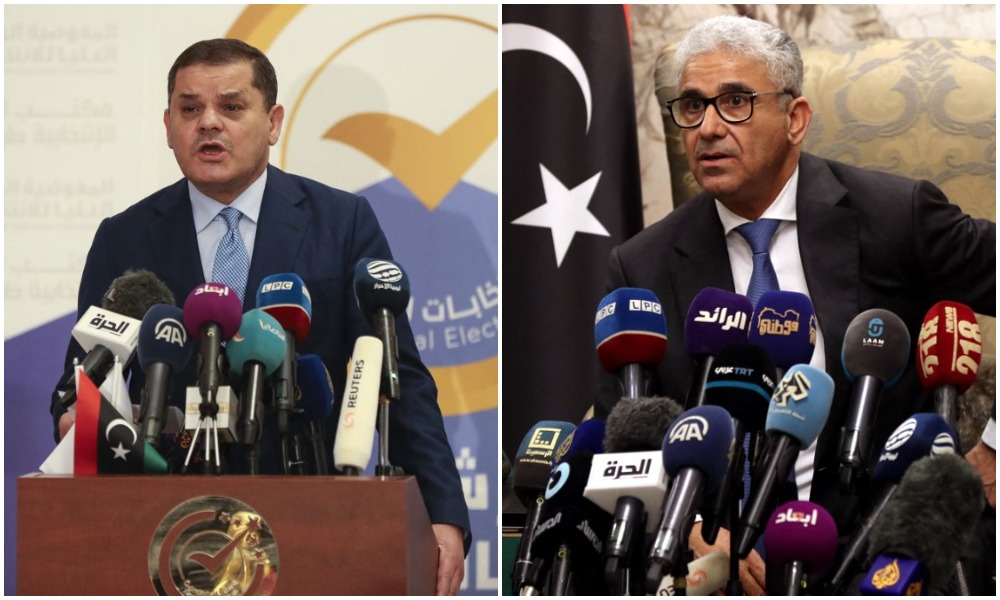
Libya armed groups step back after Tripoli escalationRival Libyan premier says he plans to be in Tripoli in days
